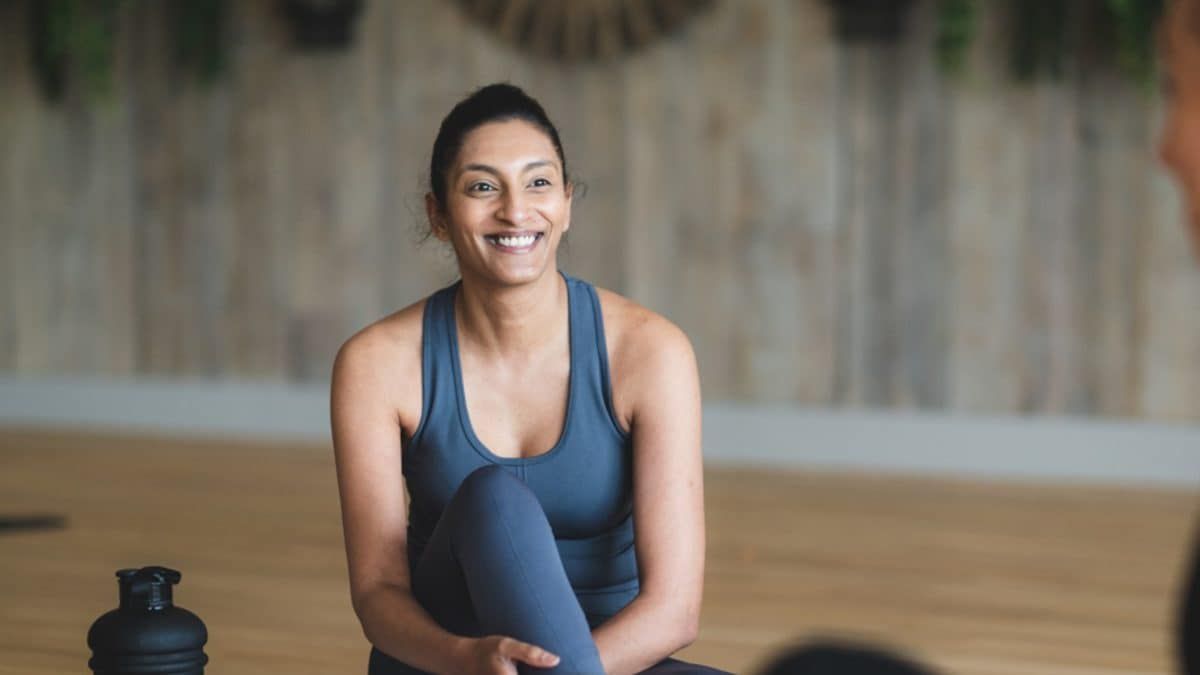This summer, find harmony by striking a balance between rest, recovery and exercise.
It can be difficult to strike a balance between a strenuous exercise regimen and the necessary downtime, especially for people with hectic schedules.
For fitness enthusiasts, the day often begins with the thought: “How many calories can I burn today?” This dedication to fitness fuels motivation, but balancing a demanding job with the necessary relaxation can be a challenge. Over time, effective strategies can be developed to maintain this balance, ensuring a summer that is both productive and rejuvenating. Here's a guide to making this summer a season focused on self-care by balancing physical exercise with relaxation and recovery.
- Fitness is more than just physical activity; It is a lifestyle. Setting daily goals, whether it's burning a specific amount of calories or completing certain workouts, keeps motivation high and routines on track. However, it is crucial to recognize when to push the limits and when to allow the body to rest. Listening to your body helps prevent burnout and injury, ensuring long-term fitness success.
- Balancing work and relaxation is essential for overall well-being. Spending quality time with pets can be incredibly therapeutic. Pets are great stress relievers and provide emotional support and companionship. Whether it's a walk in the park or just curling up on the couch, these moments help you relax and disconnect from work pressures.
- In a technology-driven world, it's easy to be constantly connected, leading to mental fatigue. Spending a few hours a day away from phones and devices can improve mental clarity and reduce stress. During this time, doing activities that don't involve screens, such as reading a book, meditating, or simply enjoying nature, is essential to maintaining mental well-being.
- Getting a good night's sleep is non-negotiable. Quality sleep is vital for physical performance, mental balance and overall health, and also plays an important role in maintaining healthy skin and brain function.
- Sleep affects all aspects of well-being. Some people can go two days without eating and still function, but if they lose sleep, they are a disaster. Establishing and sticking to a sleep schedule helps regulate the body's internal clock, making it easier to fall asleep and wake up naturally. This routine improves productivity, mood, and energy levels throughout the day.
- After a long day, relaxing and disconnecting is essential. Spending a few hours with your pets, having an early dinner, and getting ready for bed are effective relaxation methods. These habits help you disconnect from the stressors of the day and prepare for a restful sleep. Finding what works best—whether it's a hot bath, a good book, or a relaxing playlist—can make a significant difference in your relaxation routine.
- Balancing physical exercise with relaxation and recovery is the key to a fulfilling summer focused on self-care. By prioritizing physical activity, integrating relaxation techniques, embracing digital detox, and ensuring quality sleep, a harmonious balance can be achieved that improves physical and mental health. Remember, self-care is not a luxury but a necessity for sustained well-being and happiness.
This summer can be the best one yet if you follow these steps to balance hard work with much-needed relaxation and recovery. The body and mind will thank you.
(Contributions from REvolve Fitess Studio)












